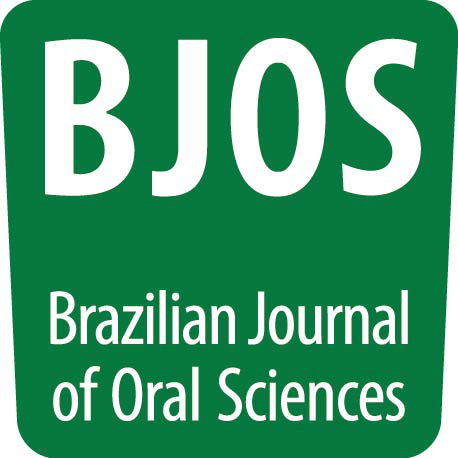Aim
to evaluate the surgical effects of two rehabilitation protocols on dental arch occlusion of 5-year-old children with or without cleft lip and palate.
Methods
this is a retrospective longitudinal study the sample comprised 45 digitized dental casts divided into followed groups: Group 1 (G1) – children who underwent to cheiloplasty (Millard technique) at 3 months and to one-stage palatoplasty (von Langenbeck technique) at 12 months; Group 2 (G2) – children who underwent to cheiloplasty (Millard technique) and two-stage palatoplasty (Hans Pichler technique for hard palate closure) at 3 months and at 12 months to soft palate closure (Sommerlad technique); and Group 3 (G3) – children without craniofacial anomalies. Linear measurements, area, and occlusion were evaluated by stereophotogrammetry software. Shapiro-Wilk test was used to verify normality. ANOVA followed by posthoc Tukey test and Kruskal-Wallis followed by posthoc Dunn tests were used to compared groups.
Results
For the measures intercanine distance (C-C’), anterior length of dental arch (I-CC’), and total length of the dental arch (I–MM’), there were statistical differences between G1x G3 and G2xG3, the mean was smaller for G1 and G2. No statistically significant differences occurred in the intermolar distance and in the dental arch area among groups. The occlusion analysis revealed significant difference in the comparison of the three groups (p=0.0004).
Conclusion
The surgical effects of two rehabilitation protocols affected the occlusion and the development of the anterior region of the maxilla of children with oral clefts when compared to children without oral clefts.
Cleft lip; Cleft palate; Dental arch; Imaging, three-dimensional; Dental occlusion

 Thumbnail
Thumbnail
 Thumbnail
Thumbnail

